LUCIA
Lung Cancer
Paving the way for
better management of lung cancer
Every thirty seconds, someone, somewhere in the world, dies of lung cancer, making this disease the deadliest in terms of the number of lives it claims.
The average 5-year survival rate is presently 17% for men and 24% for women. Although smoking is considered a significant risk factor for this disease, lung cancer often also occurs among nonsmokers. Accordingly, the consortium will work on identifying all risk factors and on developing new methods for the diagnosis, prevention, and treatment of the disease.

The consortium’s goal is to improve the early detection and management of lung cancer by in depth study of risk factors from exposure to individual biology, in order to improve prevention strategies, provide policy recommendations, help implement screening programs, improve diagnosis and enable precision medicine approaches.
The establishment of the 22 partners consortium, headed by the Technion, was funded by the EU’s research and innovation program, Horizon Europe, which supports international collaborations expected to deliver practical technological solutions to modern-day challenges, and was awarded 14.6 million euros. LUCIA is part of the new Mission of Cancer within Horizon Europe, a key research and innovation instrument within Europe’s Beating Cancer Plan to understand the complexity of cancer through multidisciplinary collaboration in disciplines such as medicine, bioengineering, biology or computer science together with key legal, ethical and social aspects. LUCIA is part of two Clusters within the EU Cancer program, ‘Understanding’ and ‘Prevention’.
The project has received funding from the European Union’s Horizon Europe research and innovation programme under grant agreement no. 101096473




